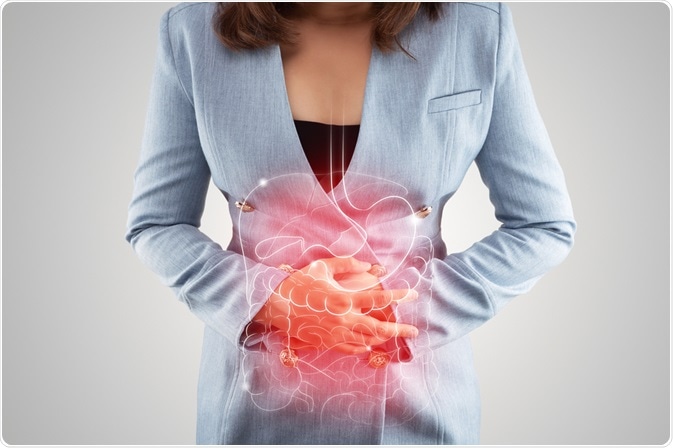What Is Indigestion?

Indigestion, also known as dyspepsia, is a pain in the stomach attributed to its difficulty digesting food. It’s also commonly referred to as an upset stomach. Indigestion should not be mistaken for a disease. It’s more of a symptom. You may have a feeling of a bloated stomach after eating. The pain varies depending on the degree of the condition. The effect differs from one person to another.
The stomach can be found between the esophagus and the small intestine. Food is digested mainly with the help of the enzyme protease and gastric acids, which include hydrochloric acids, sodium chloride, and potassium chloride. It’s J-shaped and has elastic properties. It has 5 parts: the cardia, fundus, body, antrum, and pylorus, descending order from the esophagus. The upper three portions are also referred to as the proximal stomach, and the last two parts are called the distal stomach.
What Are Some Of Its Causes And Treatments?
Indigestions may have something to do with how we eat, what types of food we eat, and how often we eat. And other factors include medications, smoking, drinking alcoholic drinks, anxiety, stress, and much more. Indigestion may also be due to diseases in the stomach or GI tract. Some of which are,
- Gastritis or the inflammation of the lining of the stomach can cause indigestion.
- Constipation or difficulty in defecation
- Intestinal obstructions happen when stool or food is not able to move through the small intestine.
- Peptic ulcers which bring pain when eating food
- Reduced blood flow to the stomach will dampen eating food.
Symptoms Associated With Indigestion
Some of the symptoms associated with indigestions are:
- Nausea and vomiting – the inability of the stomach to digest food cause reverse peristalsis in the proximal part of the intestine. This is the reason why food goes back to the esophagus and out of the mouth.
- Continuous discomfort – there’s a feeling of persistent soreness in the upper abdomen, which can vary from being mild to severe on some occasions.
- Food aversion – there’s an early feeling of fullness even when only a small amount of food has been ingested. After a few minutes of being seated at the table, the person stands up and walks away.
- Bloating – the stomach constantly feels tight even when there’s only a small amount of food ingested.
- Burning sensation – the burning sensation persists between the area bounded by the breastbone or sternum and the belly button. A common sign of indigestion.
Indigestion Treatment
Some homegrown remedies can cure indigestions:
- Drinking green tea after a heavy meal will help dismiss indigestion
- Drinking a mixture of lime juice, ginger, and honey.
- Don’t lie down after eating. Indigestion will like to occur.
- Don’t lie flat when you go to sleep. Always put your chest and head higher by using several pillows.
- A teaspoon of soda and half a glass of milk will do wonders in treating your indigestion.
- Stay put after eating, don’t move around too much. Please stand up rather than sit down.
- Please stay away from fatty foods; they’re good at inducing indigestion.
Trending Health Topics
- ADHD
- Allergies
- Arthritis
- Bipolar Disorder
- Bunions
- Car Accidents
- Chron's Disease
- Common Cold
- COPD
- Depression
- Dry Skin
- Dry throat
- Eczema
- Fungal Infection
- GERD
- HIV/AIDS
- Hypertension
- Irritable Bowel Syndrome (IBS)
- Multiple Sclerosis
- Osteoarthritis
- Psoriasis
- Rheumatoid Arthritis
- Skin Disorders
- strep throat
- Type 2 Diabetes
- Uncategorized